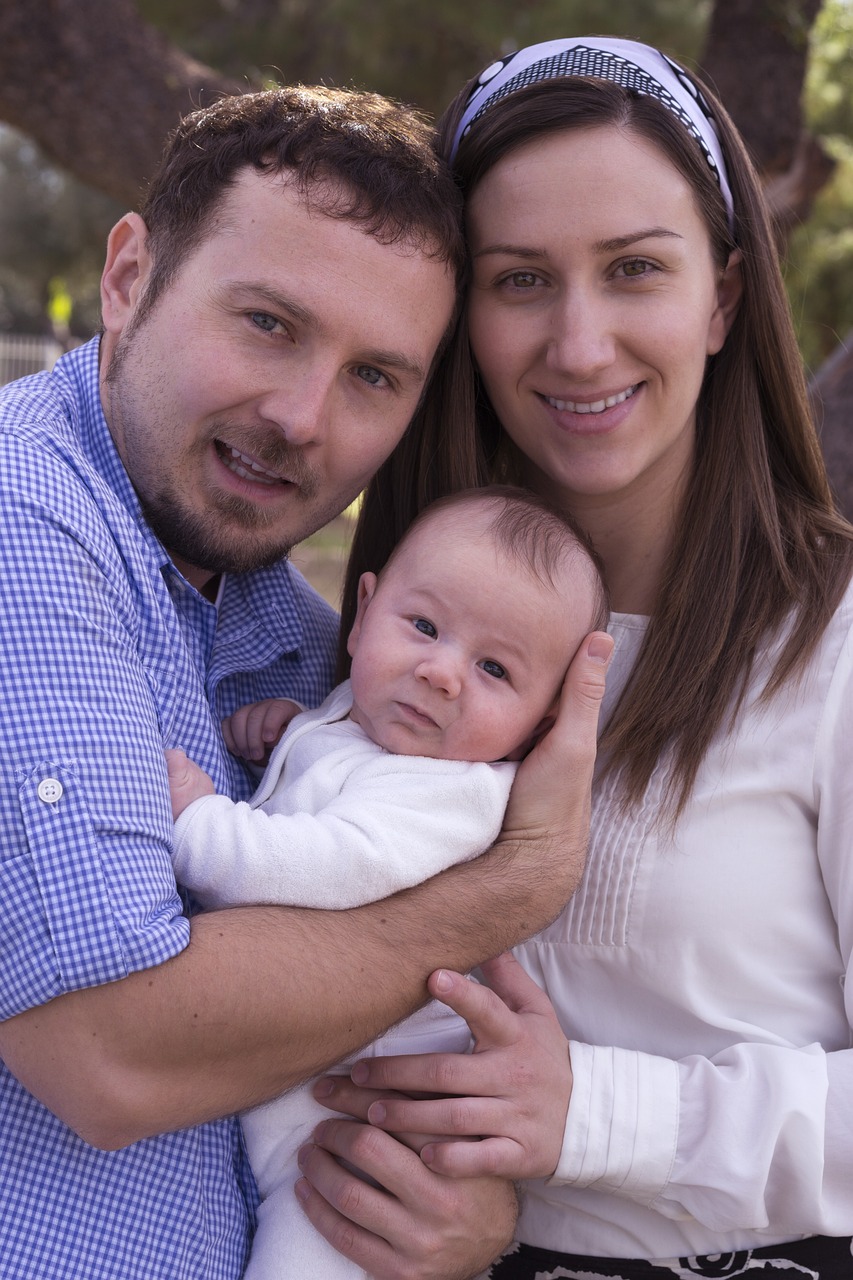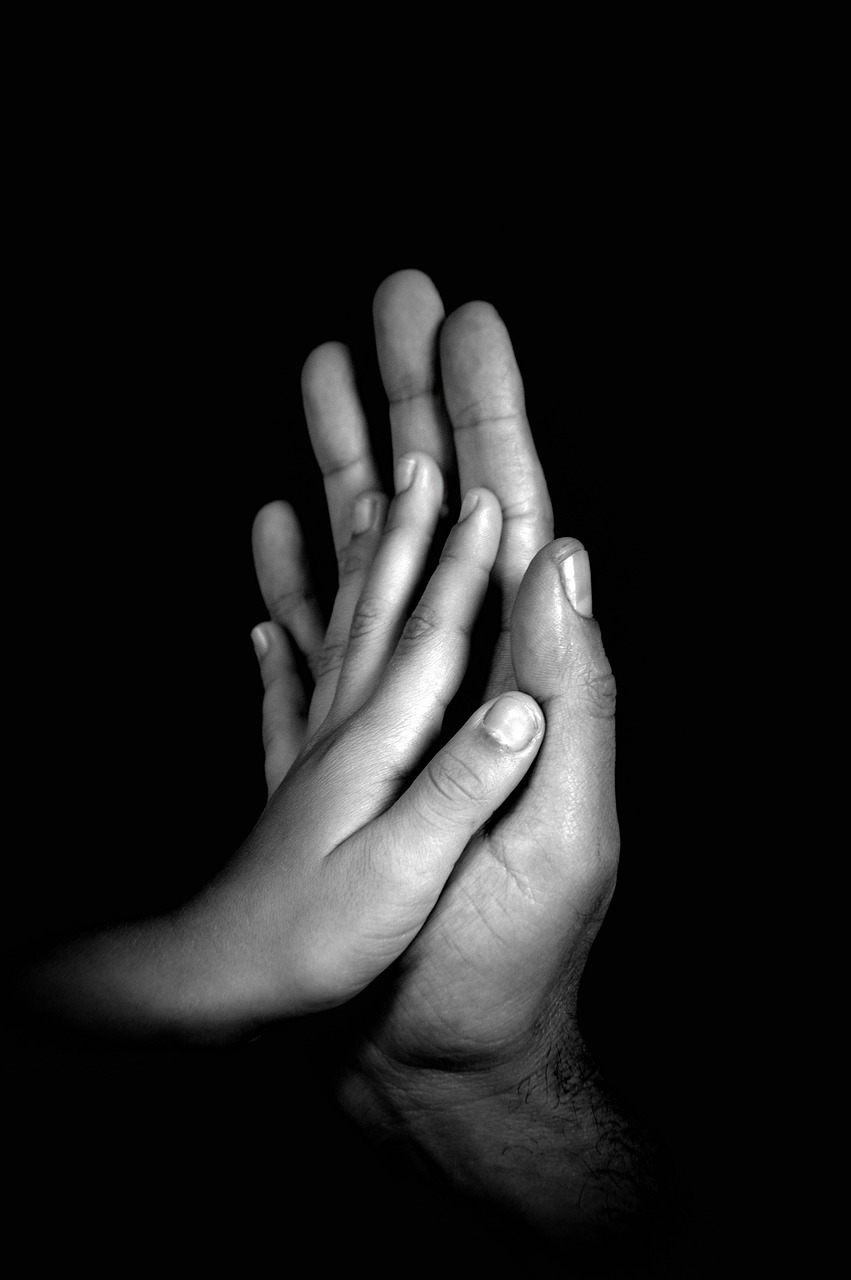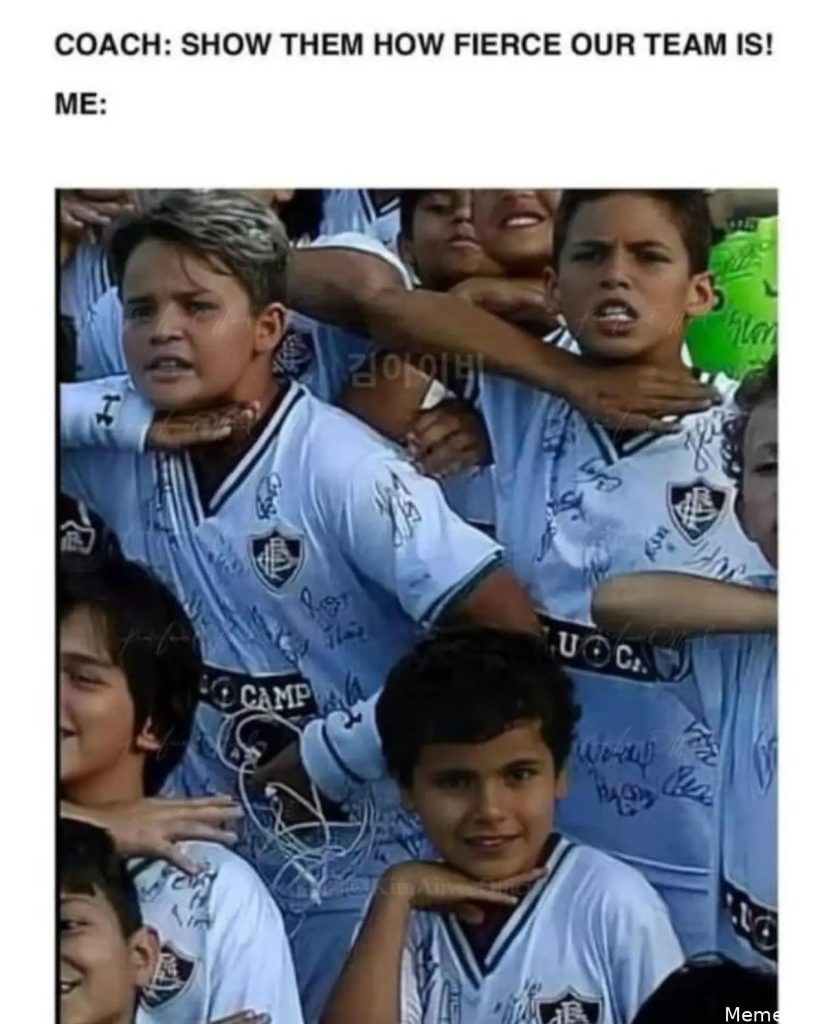AITAH for saying the parents are to blame for near drowning
 Image credit: Pixabay (This is example image – Not the actual photo)
Image credit: Pixabay (This is example image – Not the actual photo)
When Blame Meets Compassion: A Birthday Party Gone Wrong
At a milestone birthday celebration, a tragic accident leaves a young boy with a traumatic brain injury, igniting a heated debate about accountability and compassion. As the narrator grapples with the fallout of a candid conversation with the boy’s grandmother, tensions rise with a friend who feels personally attacked due to her role as a mother. This story delves into the complexities of blame in tragic situations, raising questions about how we navigate guilt and responsibility in our relationships. It’s a thought-provoking exploration of how personal experiences shape our perspectives, making it relatable to anyone who has faced difficult conversations about accountability in the wake of tragedy.
Family Drama Over a Tragic Incident
A recent family gathering turned into a source of conflict and tension, highlighting the complexities of family dynamics and differing perspectives on accountability. The incident in question involved a tragic accident during a birthday celebration that left a young boy with severe disabilities.
- Background: The narrator’s 50th birthday party was marred by a near-drowning incident involving their little cousin, resulting in the boy suffering a traumatic brain injury. He is now unable to walk, talk, or eat, and has limited movement and vision.
- Support and Updates: The narrator has been actively supporting the boy’s family by sharing updates and a GoFundMe link with friends, including one particular friend who has shown interest in the boy’s progress.
- Brunch Conversation: During a brunch with the boy’s grandmother, the narrator expressed concern about the lack of supervision at the time of the accident. The grandmother insisted that no one was to blame, which led to a discussion about accountability.
- Text Exchange: After sharing the conversation with her friend, the narrator faced backlash. The friend was offended by the implication that the parents were at fault for the incident, leading to a heated exchange of messages.
- Personal Experience: The narrator emphasized their firsthand experience of the event, including providing a statement to police detectives, which confirmed that the child was not being watched when the accident occurred.
- Friendship Fallout: The disagreement escalated to the point where the friend canceled plans and expressed a desire to end the friendship, citing her horror as a mother at the narrator’s comments.
This situation raises questions about conflict resolution within families and friendships, especially in the wake of a tragic event. The narrator is left wondering if they are in the wrong for stating what they believe to be the truth about the circumstances surrounding the accident.
Ultimately, this story illustrates the delicate balance between expressing honest opinions and maintaining relationships, particularly in the context of family drama and wedding tension that can arise from differing views on accountability and blame.
This is Original story from Reddit
 Image credit: Pixabay (This is example image – Not the actual photo)
Image credit: Pixabay (This is example image – Not the actual photo)
Story
At my 50th birthday party, my little cousin nearly drowned and ended up disabled with a traumatic brain injury. The boy cannot walk, talk, eat, or move his limbs, just moving his arms a little, and he cannot see.
A friend of mine has been interested in his progress, so I sent her the GoFundMe link, and she donated. She signed up for their Caring Bridge updates, and every time there is a post on Facebook, I send it to her to keep her informed. She also asks about him whenever I see her.
Recently, I went out to brunch with my cousin, who is the boy’s grandmother. She was saying how this could have happened to anyone and that no one is to blame. I asked if that meant she thought someone was minding the child at the time of the drowning because it was pretty obvious no one was watching the kid when he got caught up in the water.
They don’t even know how long he was in the water, which is what the paramedics were told when they arrived. She basically said she didn’t want to place blame on anyone for this unfortunate accident. I later told my friend about my conversation with my cousin, and we were texting about it.
Last night, she sent me a bunch of messages about how offended she was that I was trying to place blame on the parents for this. I told her that I was there when it happened, and I also had to give a statement to police detectives, so unfortunately, what happened is true: no one was watching the kid, and he nearly drowned because of it. I also told her I wasn’t willing to rewrite history just to make the mom feel better about herself.
Now my friend is not talking to me, has canceled our plans to hang out, and doesn’t want to be my friend anymore because she’s a mom and is horrified I would say something like that. So I’m wondering now if I’m the AH for saying no one was watching the kid and it’s the parents’ fault this happened?
View the Original Reddit Post Here
Summary of Reddit Comments
The top Reddit comments highlight a shared concern about the lack of supervision for children during social gatherings, emphasizing that parents cannot rely on others to watch their kids. Many users suggest practical solutions, such as using identification bracelets for children, to ensure accountability among caregivers. Overall, there is a strong consensus that while parents should be vigilant, the responsibility of child supervision often falls short in group settings.
Verdict: NTA
Expert Advice for Resolving the Conflict
Conflict resolution in the aftermath of a tragic incident can be challenging, especially when emotions run high and differing perspectives on accountability emerge. Here are some practical steps to help both the narrator and the friend navigate this sensitive situation:
For the Narrator
- Reflect on Your Intentions: Take a moment to consider your motivations for discussing the incident. Were you seeking to assign blame, or were you genuinely concerned about child safety? Understanding your intentions can help you communicate more effectively.
- Reach Out with Empathy: Contact your friend and express your understanding of her feelings as a mother. Acknowledge the pain and fear that can arise from such incidents, and clarify that your comments were not meant to attack the parents but to discuss safety concerns.
- Offer a Sincere Apology: If your words were perceived as hurtful, consider offering a heartfelt apology. Acknowledge that the conversation may have been poorly timed or insensitive given the circumstances.
- Suggest a Calm Discussion: Propose a face-to-face meeting or a phone call to discuss the issue further. This can provide an opportunity for both sides to express their feelings and perspectives in a more personal and less confrontational setting.
For the Friend
- Take Time to Process: Allow yourself some time to reflect on the situation before responding. Emotions can cloud judgment, and taking a step back may help you approach the conversation with a clearer mind.
- Communicate Your Feelings: When you feel ready, share your feelings with the narrator. Explain why her comments upset you and how they affected your perception of her support during this difficult time.
- Consider the Bigger Picture: Remember that the narrator is also navigating a complex emotional landscape. Try to see her perspective and the concern she has for child safety, which may stem from her own experiences.
- Be Open to Dialogue: If the narrator reaches out to discuss the issue, be willing to engage in a constructive conversation. This can help both of you understand each other better and potentially mend the friendship.
For Both Parties
- Focus on Solutions: Discuss practical measures that can be taken in future gatherings to ensure child safety, such as designated supervision roles or safety protocols. This can shift the focus from blame to proactive measures.
- Seek Professional Guidance: If the conflict remains unresolved, consider seeking the help of a mediator or counselor who specializes in family dynamics. They can provide a neutral perspective and facilitate a constructive dialogue.
- Prioritize Healing: Recognize that both of you are dealing with the aftermath of a tragic event. Prioritize healing and support for the boy and his family, which can help foster a sense of unity despite the disagreement.
Ultimately, navigating this conflict requires empathy, open communication, and a willingness to understand each other’s perspectives. By taking these steps, both the narrator and the friend can work towards resolution and potentially strengthen their relationship in the process.
Join the Discussion
 Image credit: Pixabay (This is example image – Not the actual photo)
Image credit: Pixabay (This is example image – Not the actual photo)
What do you think? Would you have handled this differently?
Share your thoughts below! Vote: Do you agree with Reddit’s verdict?















